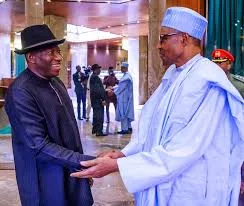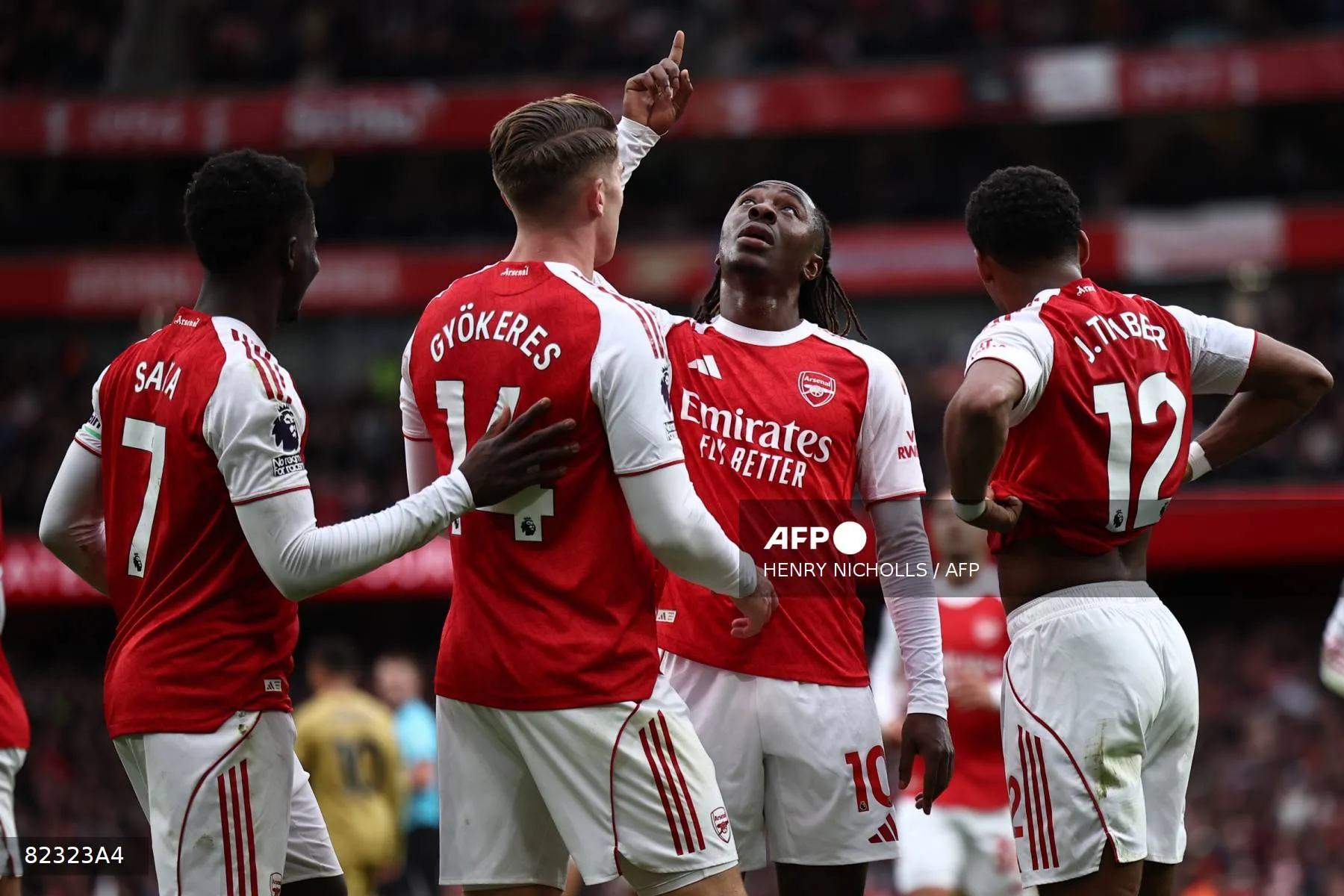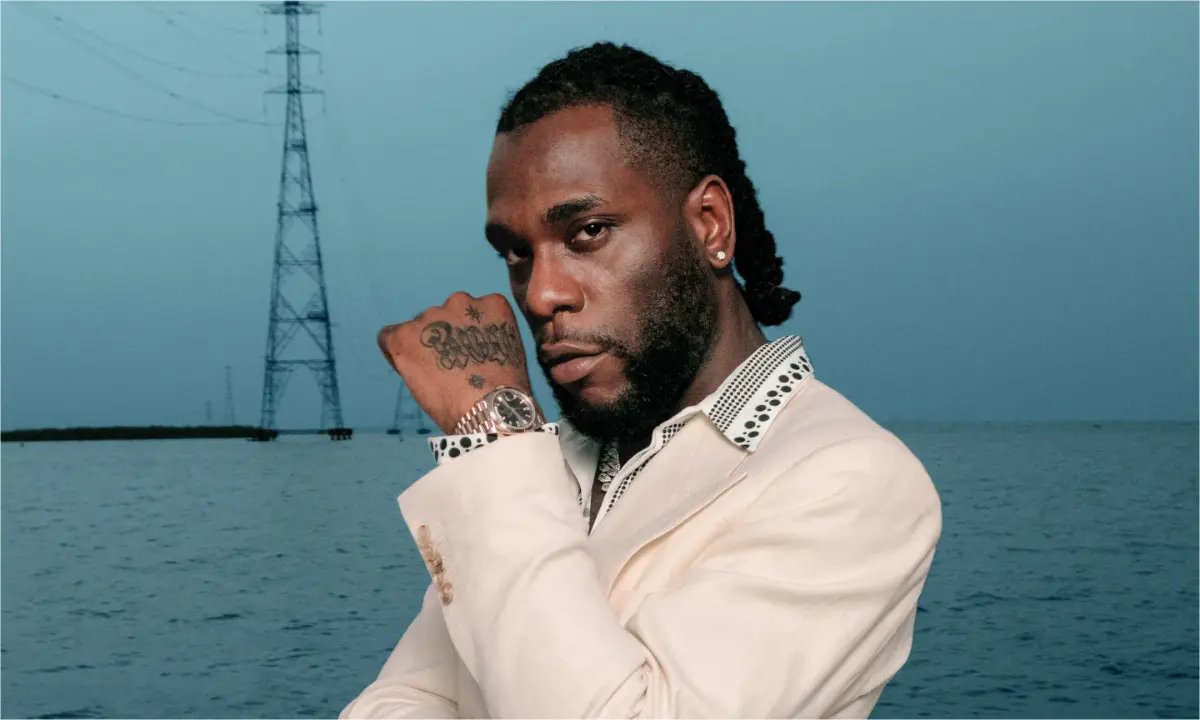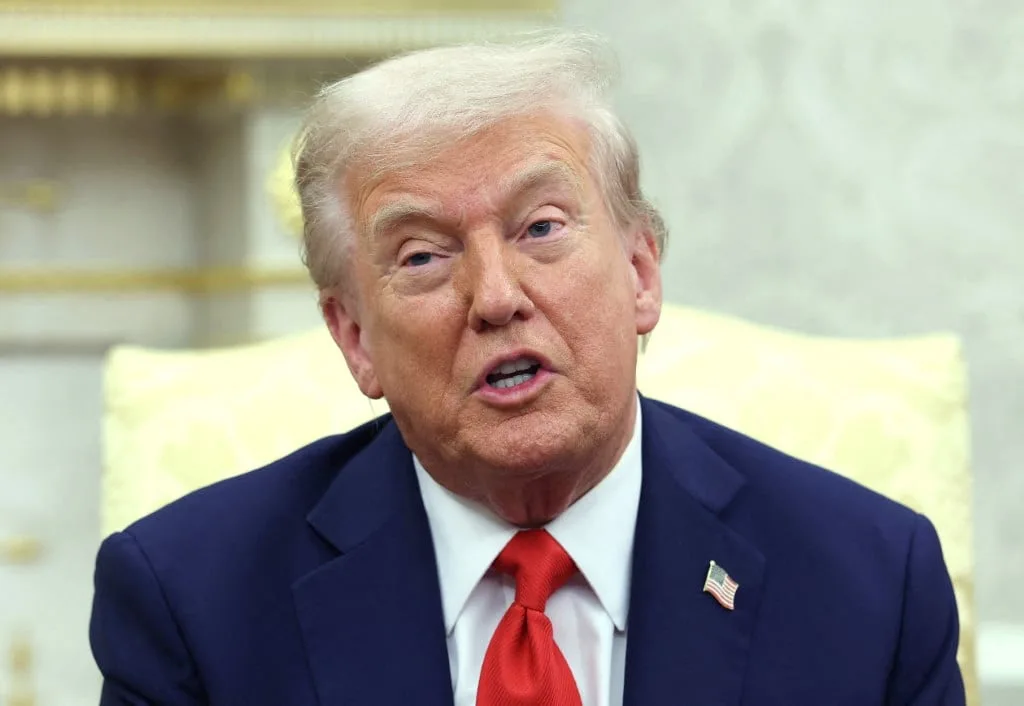Former President Goodluck Jonathan has said he expected late President Muhammadu Buhari to end the Boko Haram insurgency during his eight-year tenure, given his perceived closeness to the group in its formative years.
Jonathan spoke in Abuja at the public presentation of “Scars: Nigeria’s Journey and the Boko Haram Conundrum”, a book authored by former Chief of Defence Staff, Gen. Lucky Irabor.
He recalled that at the peak of the insurgency, Boko Haram once nominated Buhari to represent them in negotiations with the Federal Government, a move that made him believe Buhari’s eventual presidency would open the door for dialogue and disarmament.
“One of the committees we set up then, the Boko Haram nominated Buhari to lead their team to negotiate with the government. So, I felt that if they nominated Buhari to represent them, then when Buhari became president, it could have been an easy way to negotiate with them and they would surrender their weapons. But the crisis still persisted,” Jonathan said.
The former president admitted he thought Buhari would swiftly eradicate the terrorists after taking office in 2015.
“I thought that after I left, within a reasonable time, General Buhari would wipe them out. But even today, Boko Haram is still there. The issue is far more complex than it is often presented.”
Jonathan further recounted that his administration established several committees and deployed multiple strategies to counter the insurgency, though none fully succeeded.
He stressed that Boko Haram’s activities extended beyond poverty or hunger, pointing instead to their access to high-grade arms as proof of external support.
“If you look at the weapons they use, and you value them, you know these are not hungry people. Sometimes they even had more ammunition than our soldiers. Where are these sophisticated weapons coming from? External hands were involved.”
On the 2014 abduction of the Chibok schoolgirls, Jonathan described it as an indelible mark on his presidency:
“It is a scar I will die with,” he admitted, expressing hope that insurgent leaders might one day document their motives, much like participants in the Nigerian Civil War eventually did.
He urged the present administration to embrace a carrot-and-stick strategy, combining dialogue with decisive military action, to end the insurgency that has ravaged Nigeria for more than a decade.





